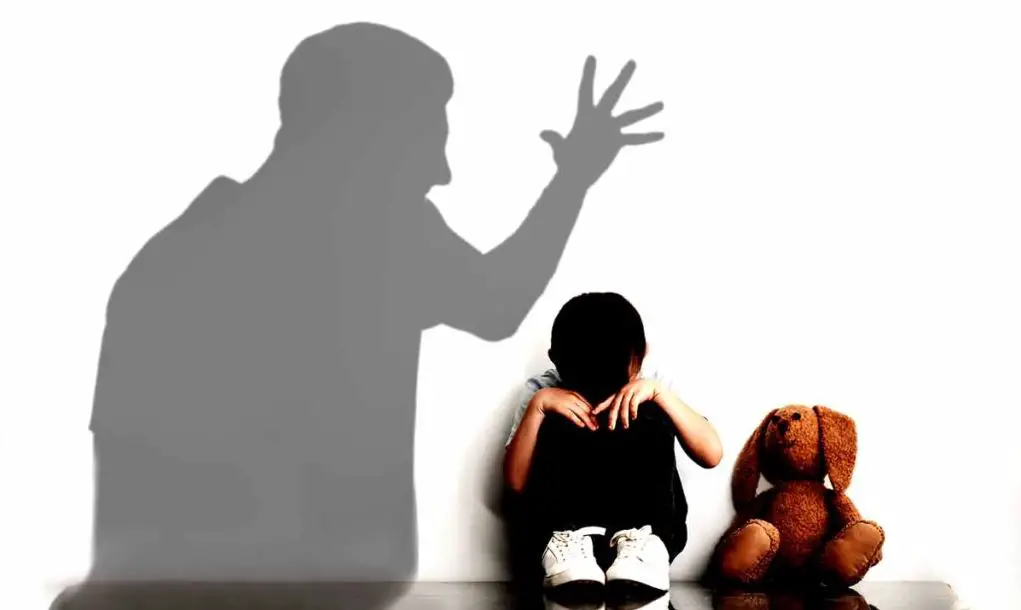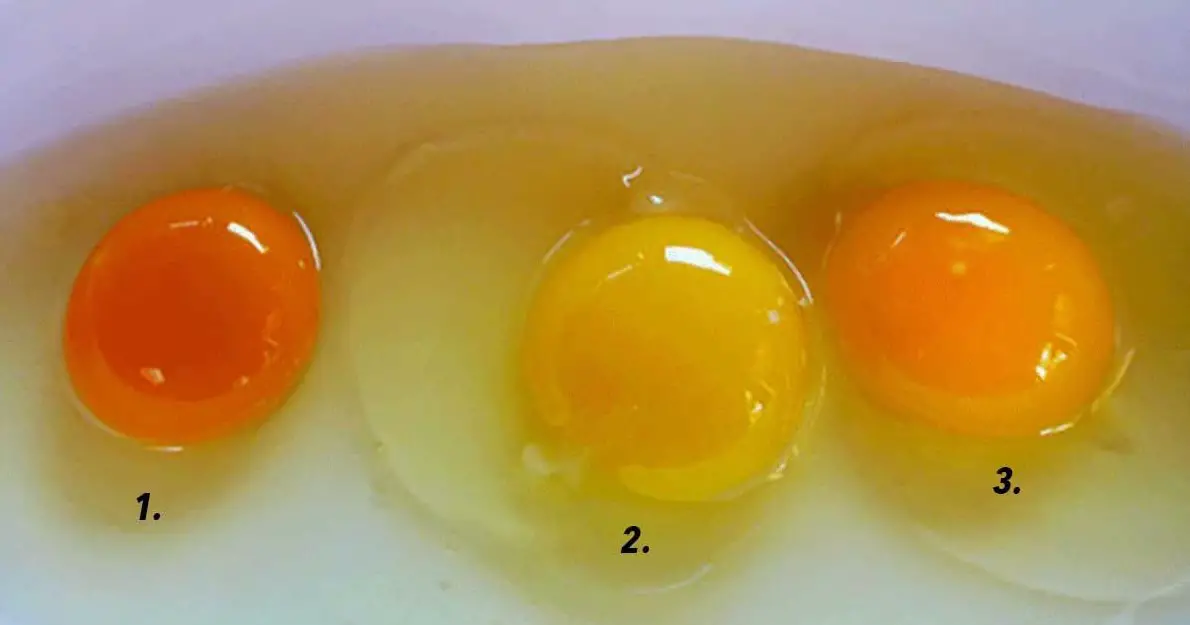Being a father is one of life’s most rewarding experiences. This comes with great responsibility. However, if fathers don’t pay attention to their children’s behavior, it can lead to lasting harm. There are many toxic fathers who can cause invisible scarrings to their children, including emotional unavailability, physical abuse, manipulation, and guilt-tripping.
If we look back at our childhoods, there may be significant clues to the fact that emotional neglect can lead to adverse consequences in adulthood. Our focus is often on the abuse we suffered as children. However, it can also be detrimental if our parents fail to act. It is very likely that we will not be able to express our emotions or communicate with them if they fail to address our emotional needs.
This could make it difficult to identify our needs and express our feelings. Compulsive behaviors may be a way to escape from difficult emotions. We may also find it difficult to seek help when we need it.
We will be showing you 15 types of fathers whose behavior is harmful to their child.
1. The Absent Father
A father who is absent from their child’s life, either physically or emotionally. This can leave them feeling abandoned and neglected. These fathers can have psychological consequences on their child. They may leave them feeling abandoned, insecure, or even lost.
2. The Father Who Is Too Critical
One who judges and criticizes their child constantly, leading to low self-esteem. This father can make the child feel unworthy and insecure, and negatively affect their sense of worth and confidence.
3. The Father: Is he more friend than dad?
Although it might seem more beneficial to be a friend than to be a parent, you must remember that your primary responsibility as a parent is not to give guidance, boundaries or security to your child. If the friend role is more important than parenting, the child may feel neglected or misunderstood. This can have negative psychological consequences.
4. The Silent Father
This father is often distant and not involved in his child’s lives, making it difficult to build a close relationship. Children of a distant father want to be connected with their parent, despite their distance. Parental involvement can be even more difficult if communication is poor or non-existent.
5. The Hypermasculine Father
This father may impose their masculine standards on their child and discourage them from discussing their feelings or expressing their emotions. In an attempt to make their son the man they want him to be, a hypermasculine father might impose strict rules. This environment can also restrict their freedom to discover who they are and make mistakes.
6. The passive aggressive father
This father is known for using subtle or covert behaviour to express dissatisfaction and opposition. They may avoid communication or use manipulative and indirect methods to express their dissatisfaction. They believe there is virtue to not being able to express their feelings freely and can even use their behavior to manipulate and control the outcome of interactions.
7. The Neglectful Father
Although he may not be abusive or actively hostile, he does not provide the emotional and physical care that his children need. While he may be physically present, he might be emotionally or mentally absent or distracted by work or other pursuits. Fathers who neglect their children can cause insecurity, low self-esteem, and feelings of unloved and being abandoned by them. This can lead to psychological trauma in adulthood that can last a lifetime.
8. Father who is emotionally unavailable
This father is not able to be present in a meaningful way and respond emotionally. Although he may physically be present, his mental and emotional presence can often be lacking. His children may feel unheard, uninvested and even left out by him. Many children of emotionally unavailable fathers grow up feeling unworthy of love or attention, as well as unable to accurately read emotions.
9. The Abusive Father
If left unaddressed, this father can verbally, mentally and physically abuse his children. This can cause lasting psychological damage that can last a lifetime.
10. The Substance Abuse Father
These fathers are often dependent on drugs and alcohol. This can lead to unpredictable and uncontrollable behavior. These fathers are unable to provide financial or emotional stability for their children and can leave them feeling anxious and insecure. Safety for the child is also a concern as the father could put his child and/or himself in danger by using substances. Long-term substance abuse can lead to serious emotional and physical consequences for the child.
11. Father who is physically affectionate but emotionally unavailable
This father is known for lavishing physical affection on his children, but fails to comfort them emotionally due to poor emotional boundaries.
12 . 12.
This type presents himself as the perfect dad, who solves all problems. It discourages healthy expression and devalues the relationship between parent and child by ignoring real conversation about issues that affect both.
13 . 13.
This father may feel inadequate and helpless in taking on the responsibility of raising his children. This father may be too lenient to avoid conflict and choose to protect his child from any form discipline. It can lead to spoiled behavior.
14 . The Enabling Father (nurturing codependency).
The Enabling Dad
This father is able to help his children depend on him and benefit from his support. He overprotects his children and provides too much assistance, which leads to an entitlement mentality in which the children expect help from others but don’t take responsibility for their actions.
The Nurturing Codependency
This father encourages codependency with his children and makes them too dependent on him. This creates a false sense security which leaves his children unable to face the world without him.
15. The Workaholic Dad
This father puts his career and work ahead of his family and his obligations as a parent. He is too busy and takes on too many responsibilities. He can feel guilty and ashamed for his children and himself because he works so many hours.
Fathers need to be aware of the potential harm they may cause their child. It is also important to prevent problems from ever happening. Fathers need to be aware of the time they spend with their children and strive for a balance between responsibility and friendship. Fathers must also pay attention to the emotional state of their child and react accordingly. It is crucial that fathers recognize any signs of damage to their child and take action to correct it. Fathers can make sure their children grow up with strong values and security by being aware of their role in the family.













Leave a Reply